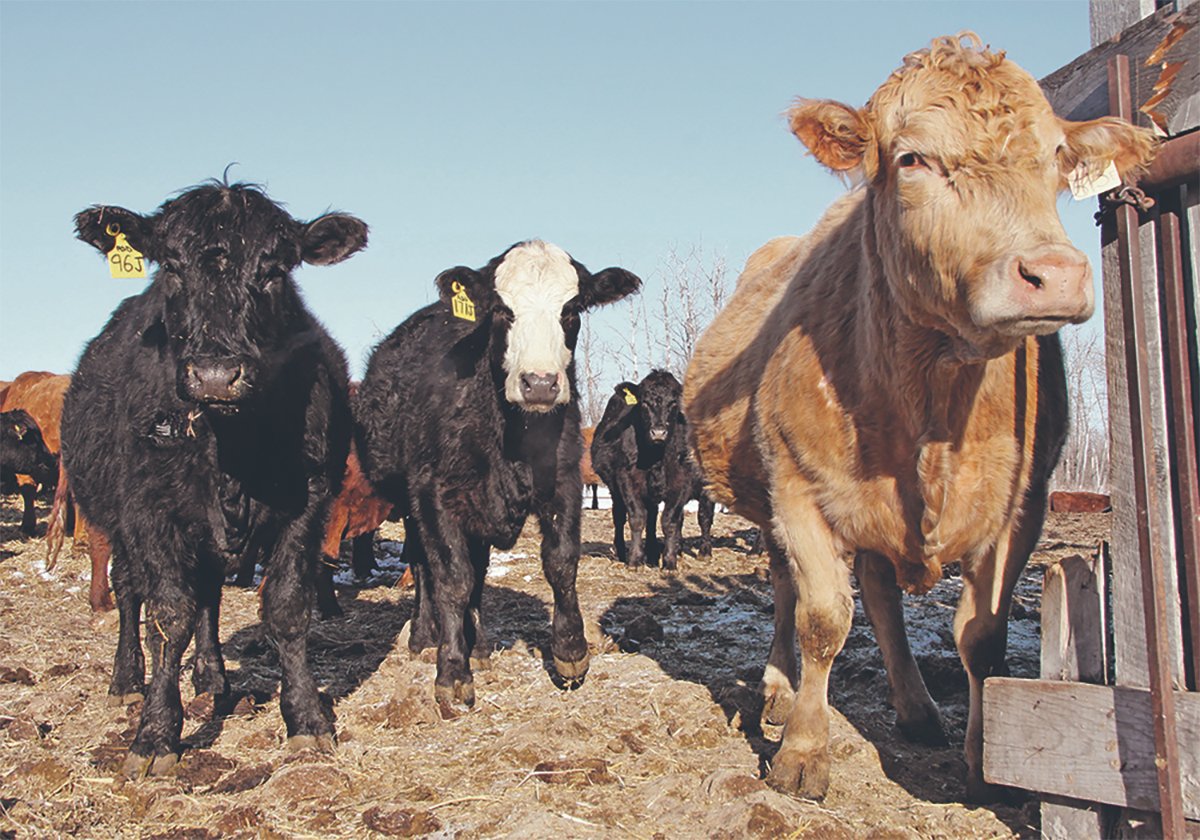It could become cheaper and easier to genetically analyze crops, livestock and fish.Fluidigm Corp. from the United States recently announced it has developed the world’s first reusable biochip for the commercial market.The new technology will be part of a U.S. Department of Agriculture program aimed at reducing the cost of genotyping to a penny per data point.“This will significantly improve the quality and quantity of the food supply, while lowering production costs,” said Curt Van Tassel, a research geneticist with USDA’s Agricultural Research Service.He said in a news release it’s well-established that genetic research in agriculture can improve the ability of plants and animals to resist disease and produce higher quality food products.The problem has been that it costs too much.After determining that modest cost reductions were not enough, the ARS set a target for industry to reduce the cost per data point down to one penny.Fluidigm’s reusable biochip is a crucial first step toward achieving that goal.Gajus Worthington, president and chief executive officer of California-based Fluidigm, praised the company’s scientists and engineers for achieving an engineering marvel.“I believe reusability will be revolutionary for our industry and life science fields,” he said.“It lowers costs, eliminates waste and offers flexibility.”Steve McPhail, head of Expressions Analysis, which provides genomic services for clinical trials and research, welcomed the news from Fluidigm.“Fluidigm’s new reusable chips will enable our agricultural-based customers to realize the tremendous benefits of genotyping and significantly reduced costs,” he said.
Read Also

Livestock inspection costs increase in Saskatchewan
The Sept. 1 50-cent increase to livestock inspection fees may seem like another hit when everything is going up, but the chief executive officer of Livestock Services of Saskatchewan said producers should consider the value they receive in return.
















